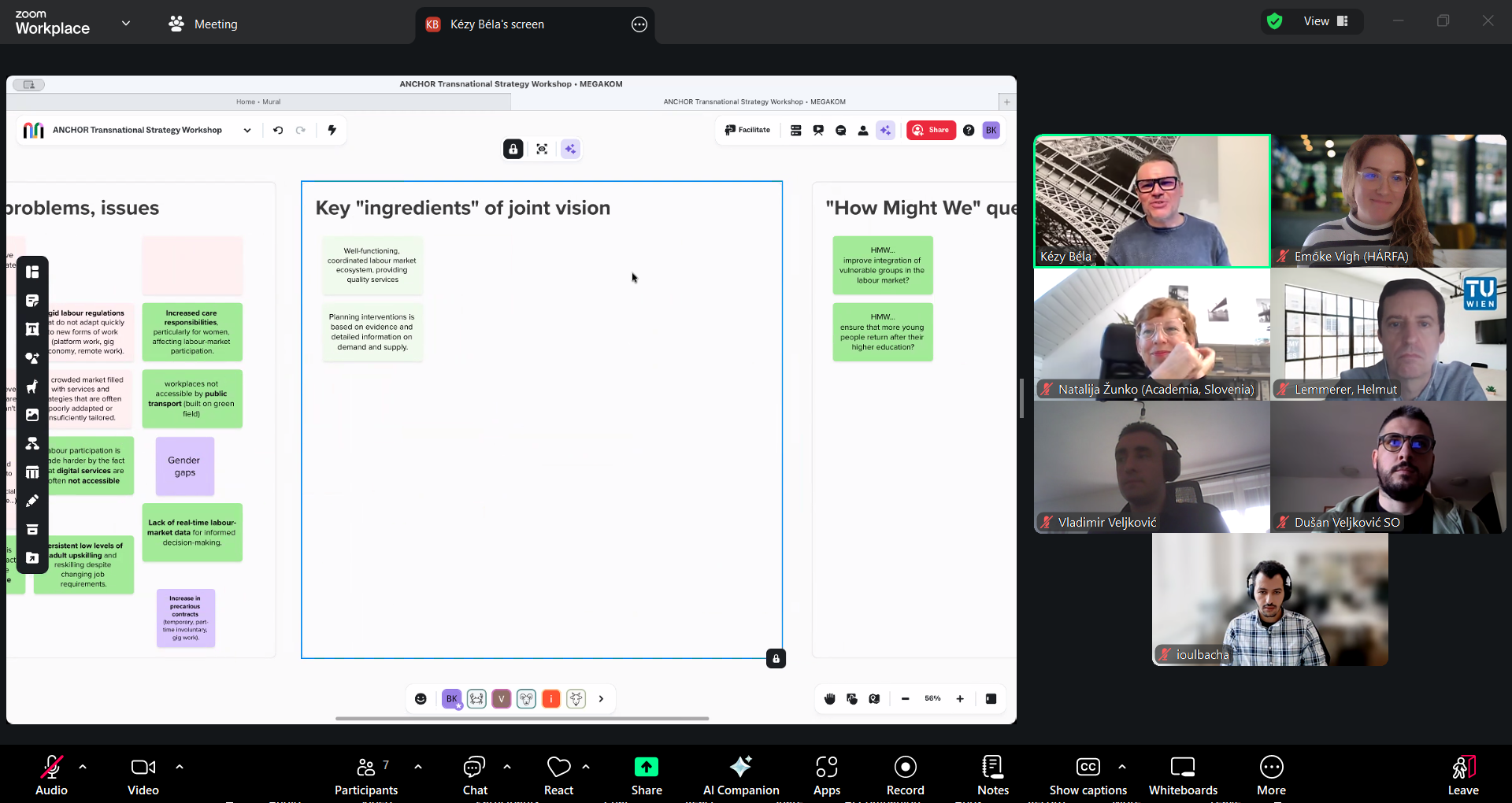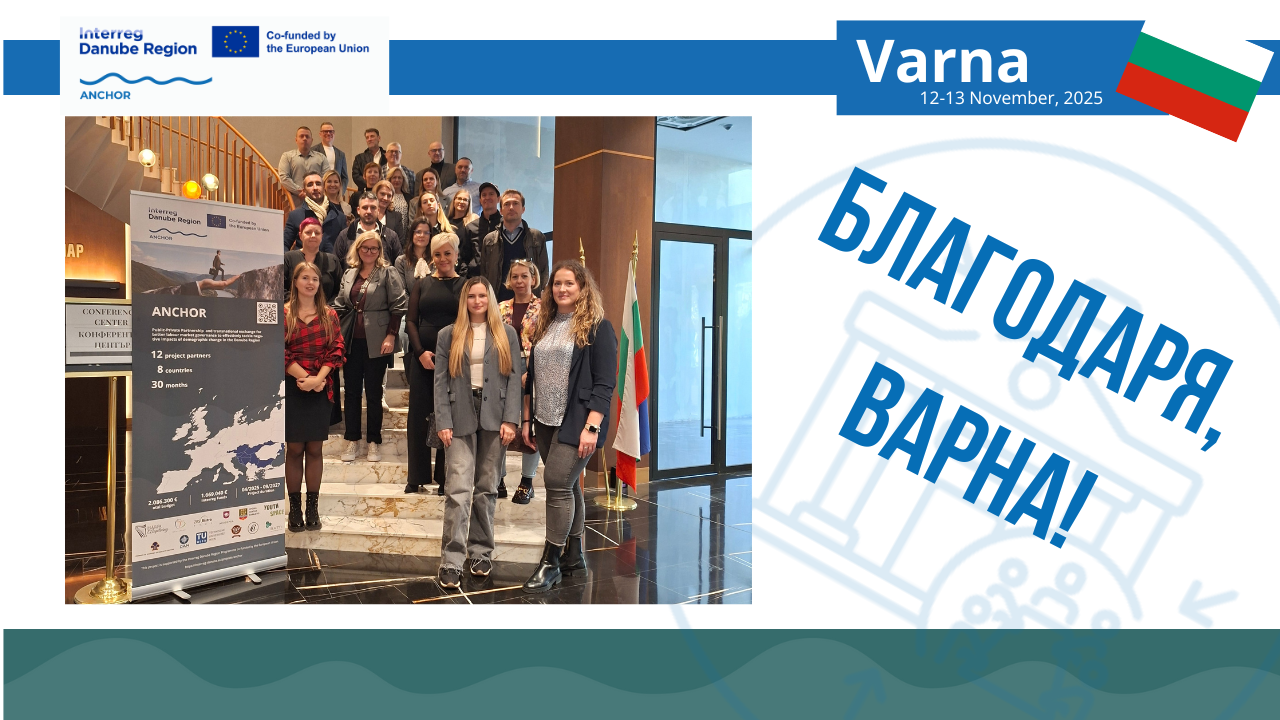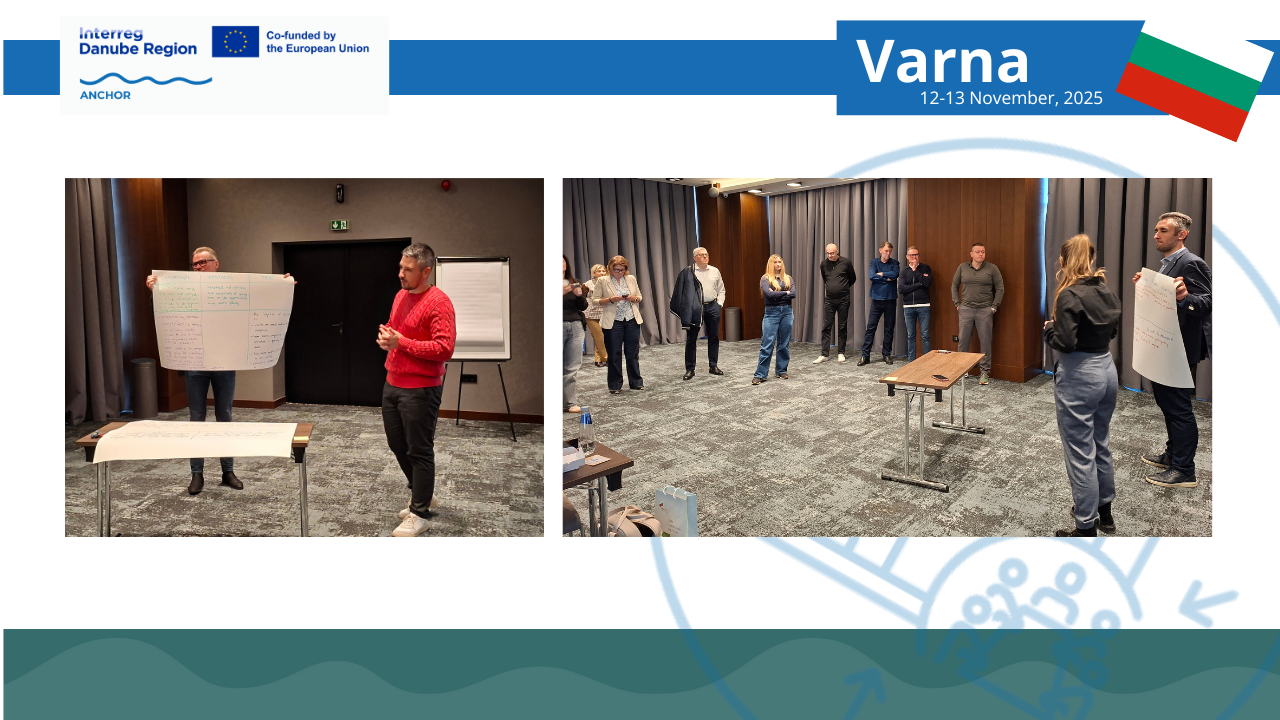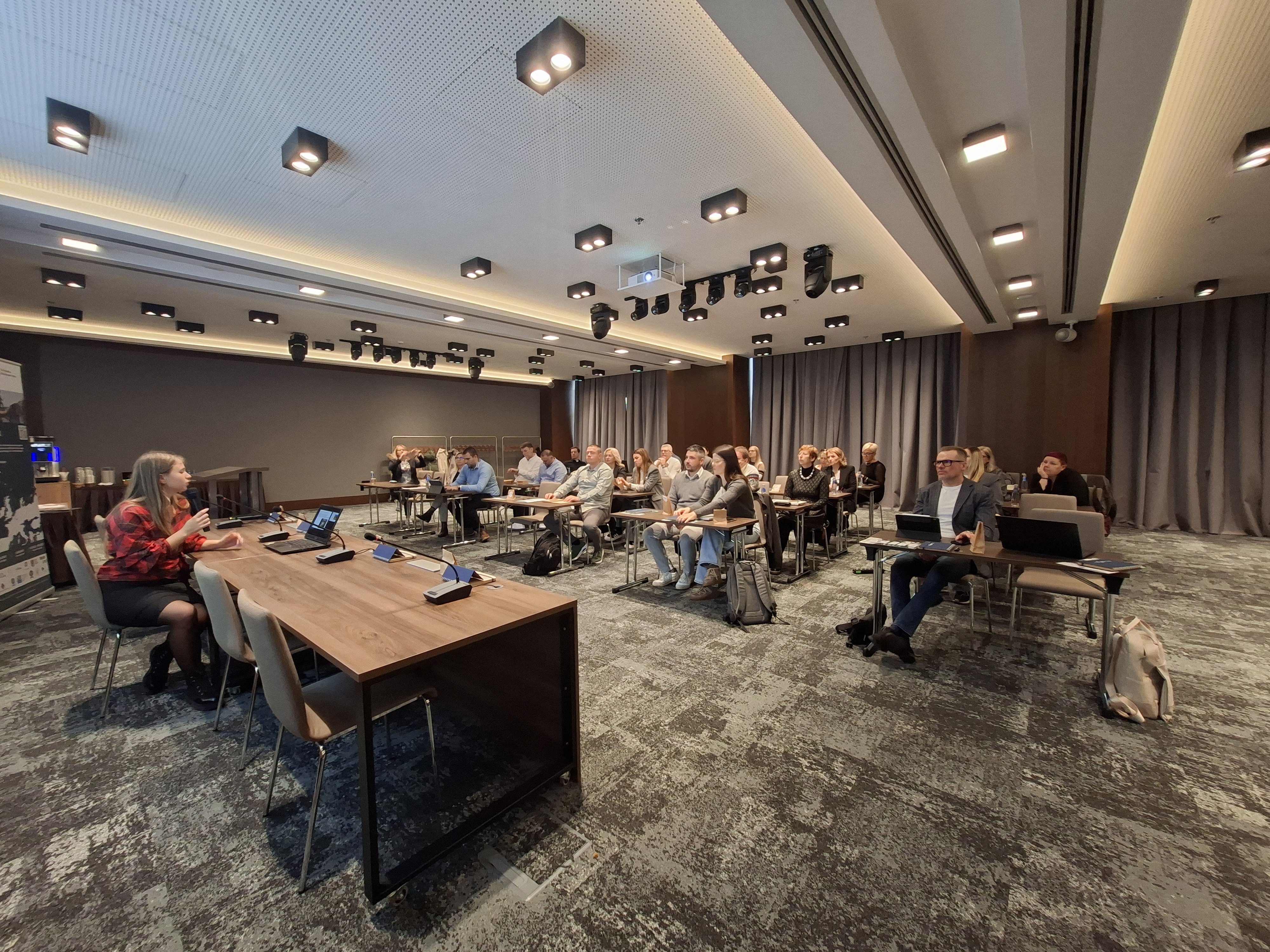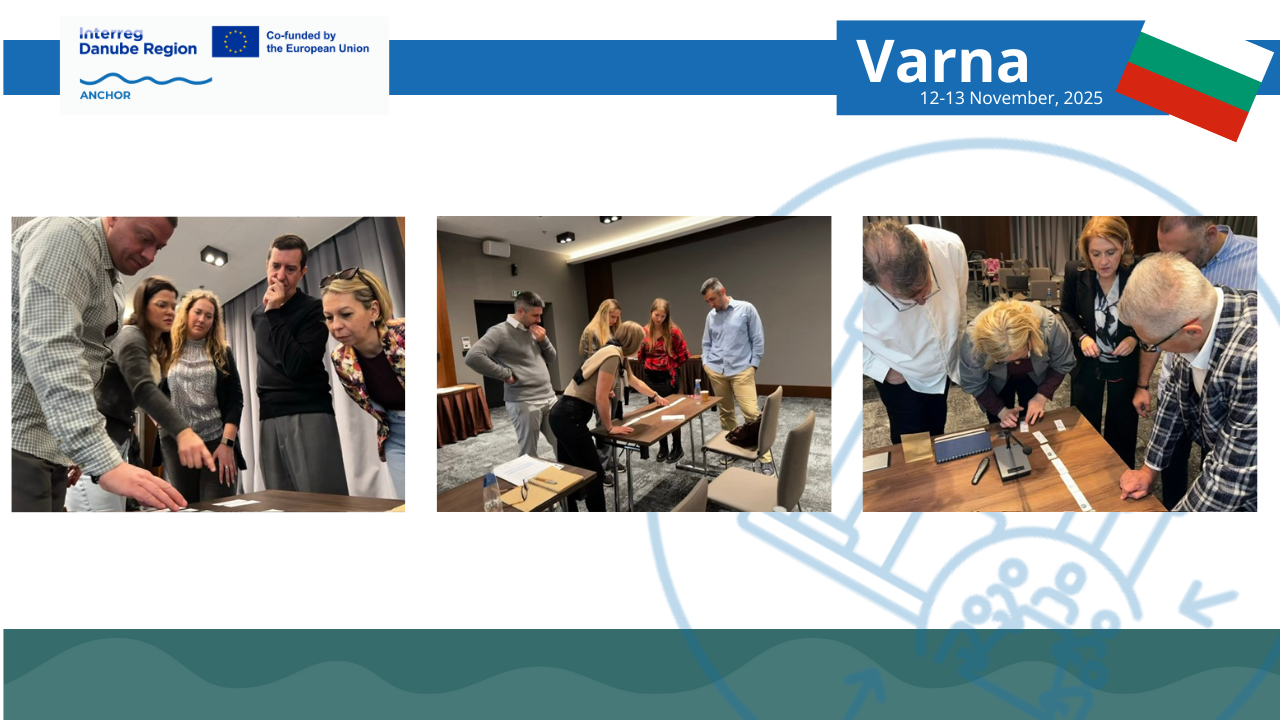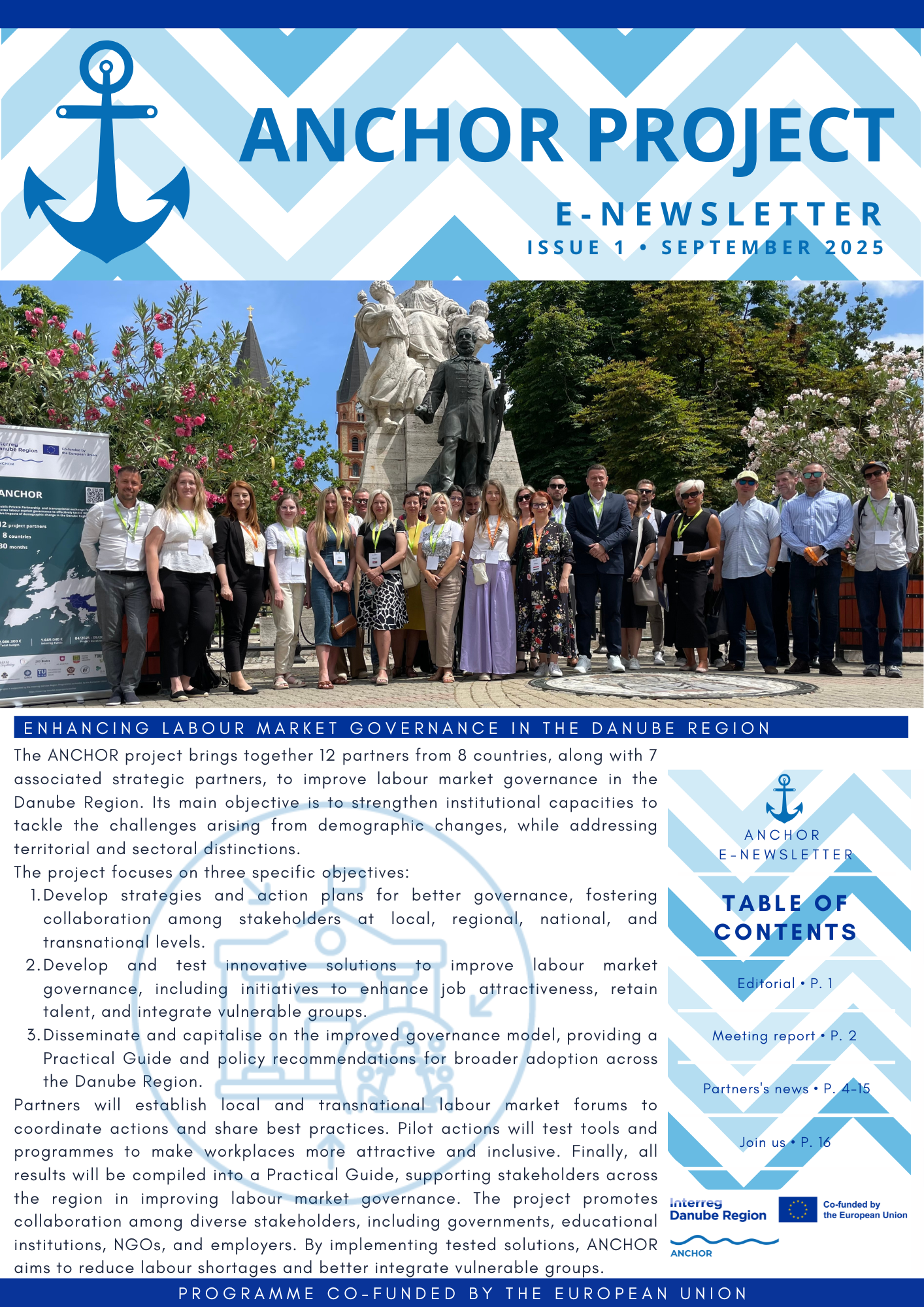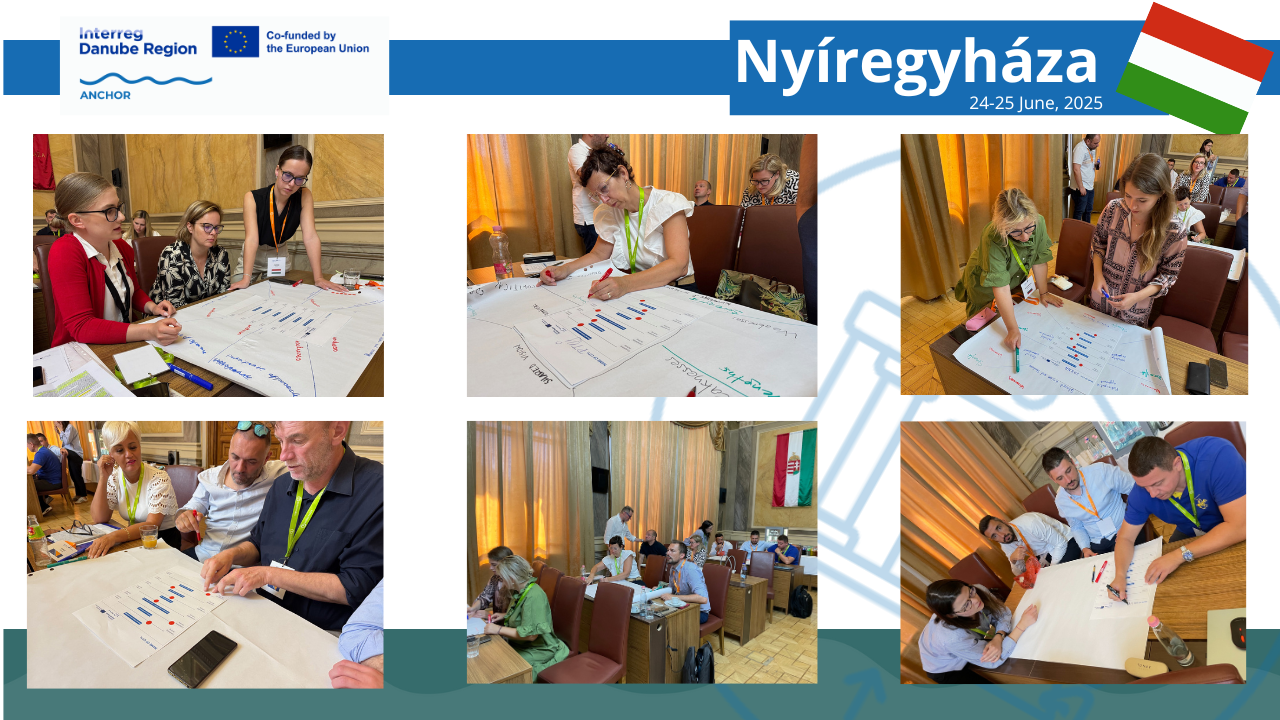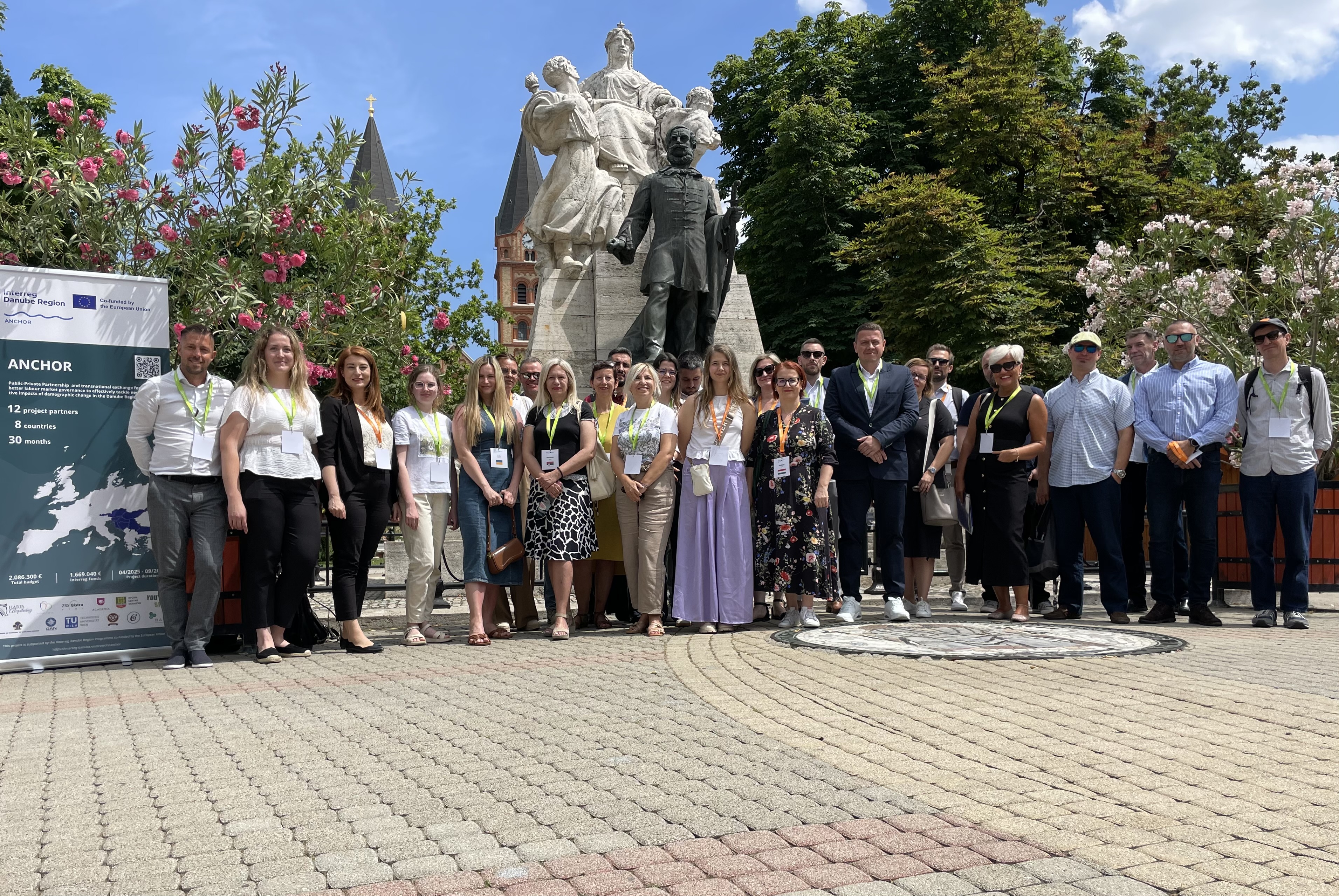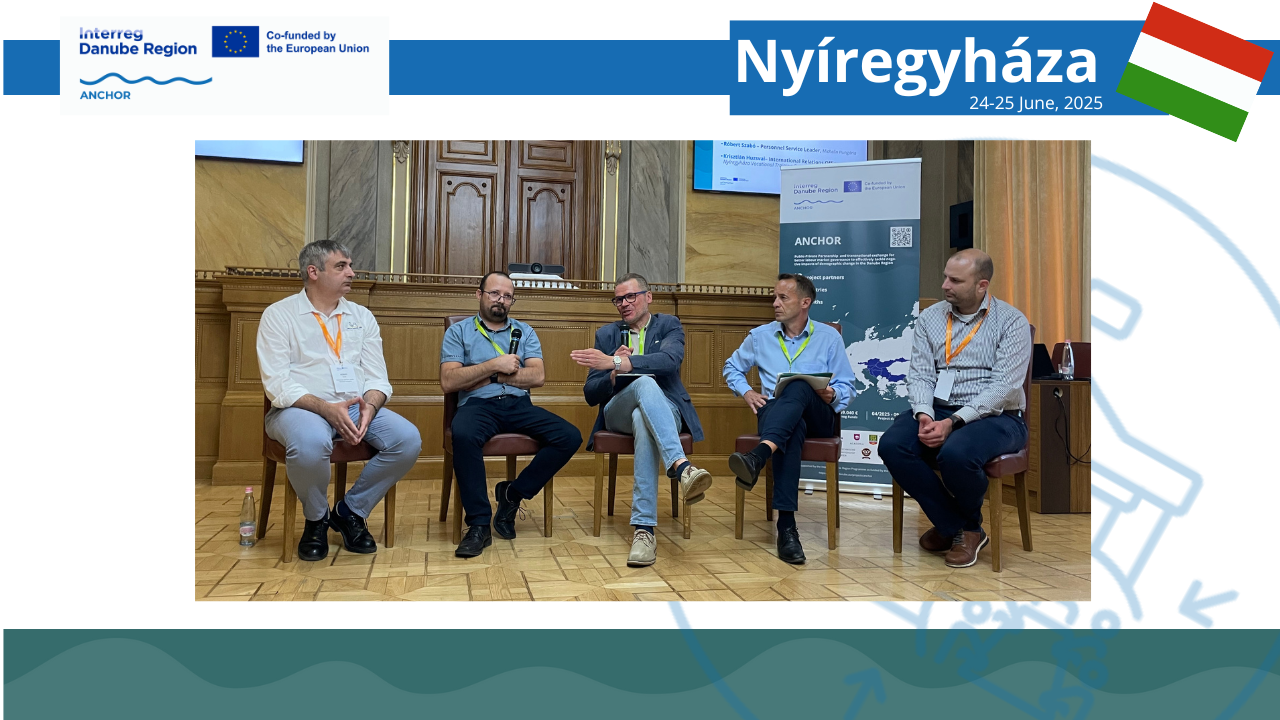
ANCHOR

About ANCHOR in a nutshell
Challenge to be tackled: While some sectors or regions face serious labour shortage, others grapple with structural unemployment, hindering overall economic growth and social cohesion. These challenges are further exacerbated by factors, like, for instance, unbalanced migration processes, brain drain from small- and medium-sized cities, as well as limited access to employment opportunities for marginalized communities. While a variety of stakeholders on local, regional and national level intend to address these issues, (e.g. labour market authorities, local, regional and national governments, educational institutions, universities, NGOs, chambers and other advocacy organizations, employers, large companies and SMEs), they often act in an uncoordinated manner, sometimes even delivering overlapping or competing interventions. This is mainly due to fragmented governance structures and ineffective policy interventions.
Objectives: ANCHOR project is aimed at IMPROVING LABOUR MARKET GOVERNANCE to tackle the INTERCONNECTED CHALLENGES rooted within the adverse demographic dynamics in the Danube Region - such as aging population, diverging demographic trends, labour market mismatches and the growing number of vulnerable groups. OUr main objective is: Improved institutional capacities for better labour market governance to effectively tackle negative impacts of demographic change – while highlighting territorial and sectoral distinctions. All the SPECIFIC OBJECTIVES as well as the related activities and deliverables contribute to achieving this overall aim:
- SO1 Develop strategies and action plans to improve governance addressing negative labour market
- impacts of demographic change,
- SO2 Develop and test innovative solutions for improved labour market governance,
- SO3 Disseminate and capitalise on the improved governance model to facilitate scaling up.
Our intervention logic: Firstly, under SO1, the organisations cooperating across border in the project (O1.3) focus on improving labour market governance by developing a transnational strategy and model. This strategy (O1.1) and, based on that, the local action plans (O1.2) aim to foster collaboration and improved
coordination among stakeholders at local, regional, national and transnational level, enhancing the effectiveness of labour market policies and institutions. In the heart of the new governance structure will be the so-called labour market forum – a cooperation body of all the important stakeholders (7
local forums + 1 transnational forum). Having a well-functioning governance structure is the fundamental pre-condition for effectively addressing complex labour market and demographic challenges in an integrated way. However, the most pressing labour market problems cannot be solved without innovative solutions. The jointly developed, tested and evaluated pilot actions under SO2 aim to enable stakeholders in the governance structure 1) to improve attractiveness of jobs and workplaces (co-branding toolbox, open workplace programme), (thus also contributing to attracting and retaining talent – and counteract brain-drain, O2.1), and 2) to facilitate integration of vulnerable groups (workshop for better skills and competences, programme for employer to integrate people with disabilities, O2.2). These innovative solutions facilitating good governance of labour markets (O2.3) also contribute to easing labour shortage in certain sectors. Finally, under SO3, partners will summarize all results in a newly developed Practical Guide for improved labour market governance in the Danube Region which – together with the policy recommendations – can be used by any interested organisation within or outside the Danube Region. In the final phase, partners will perform capitalisation and mainstreaming activities to ensure the project results are integrated into national and transnational policies, including presentations, articles and meetings with other relevant networks. By promoting improved labour market governance, the ANCHOR project will mitigate the negative effects of the demographic changes, and, as a higher mission, it will contribute to a more sustainable, inclusive and prosperous future for the Danube Region.
News & Events
Read the most recent updates and explore the upcoming events.
Project overview
Need any help? Contact us!

Emőke VIGH
Project manager

